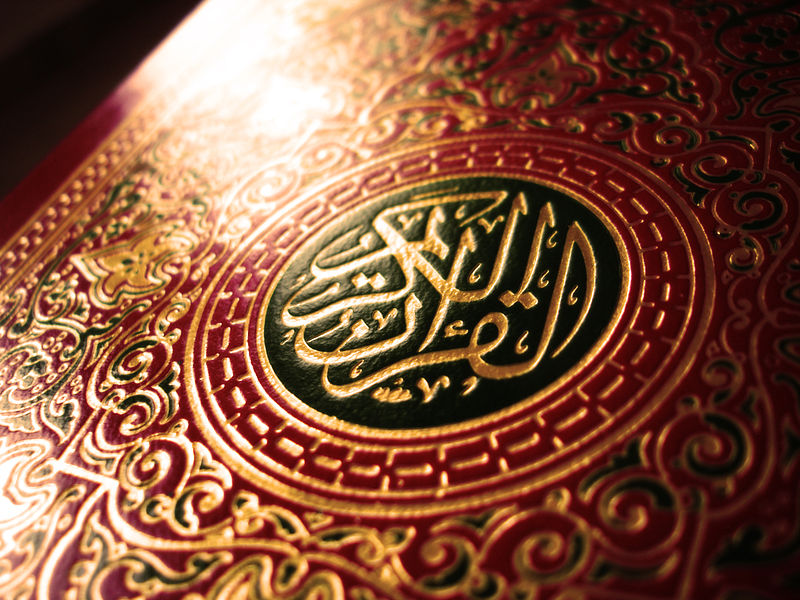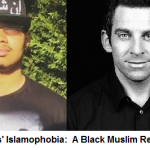Turning to the Qu’ran for Black Liberation.

This Khutba will examine how historically blacks have turned to and interpreted ayats in the Quran in efforts to struggle for their freedom and how black folks can continue to turn to the Qu’ran for our liberation.
An-Nisa 4:97 reads, “….Was, then, God’s earth not spacious enough for you to forsake the domain of evil?” Hijrah, or ‘flight from persecution,’ is an Islamic practice that began when the Prophet Muhammad’s (PBUH) early followers forsake the domain of evil in Mecca and established their own Muslim polity, beginning in Ethiopia and then Medina. This practice had a profound impact upon slaves in pursuit of their freedom.
Describing the impact that such ayats in the Qur’an had on slaves, historian Dr. Afroz Sulanta writes that “hijra from the plantations led many of them to form their own community, known as Maroon communities. Additionally, In Slave Rebellion in Brazil: The Muslim Uprising of 1835 in Bahia by João José Reis writes that in the Islamic Slave revolts of Brazil,”The Koran’s texts were especially appealing [to rebel slaves] because of their sympathy for the discriminated, the exiled, the persecuted, and the enslaved.” The Qu’ran impacted Black Liberation in the western hemipshere? After all, what is the spiritual significance of Omar Ibn Said writing Surah Mulk in his slave autobiography?
In contemporary times, former Black Panther member Assata Shakur states that a comrade of hers told her, “Islam was a just religion, opposed to oppression. “Oppression is worst than slaughter, he quoted from the Holy Koran.” Further, discussing her conversion to Islam in the Black Panther, Safiya Bukhari wrote that,”It was in the Quran that said it was incumbent upon a Muslim to wage a struggle against tyranny and oppression wherever it may be found.” This Khutba will answer the question: what was it about the Qu’ran that made it appealing to the descendants of black slaves in the western hemisphere and how can we continue to turn to the Qu’ran to inspire us to challenge white supremacy?
Next:The Poetry of Black Muslim Women: Nana Asmau and Philis Wheatley.












